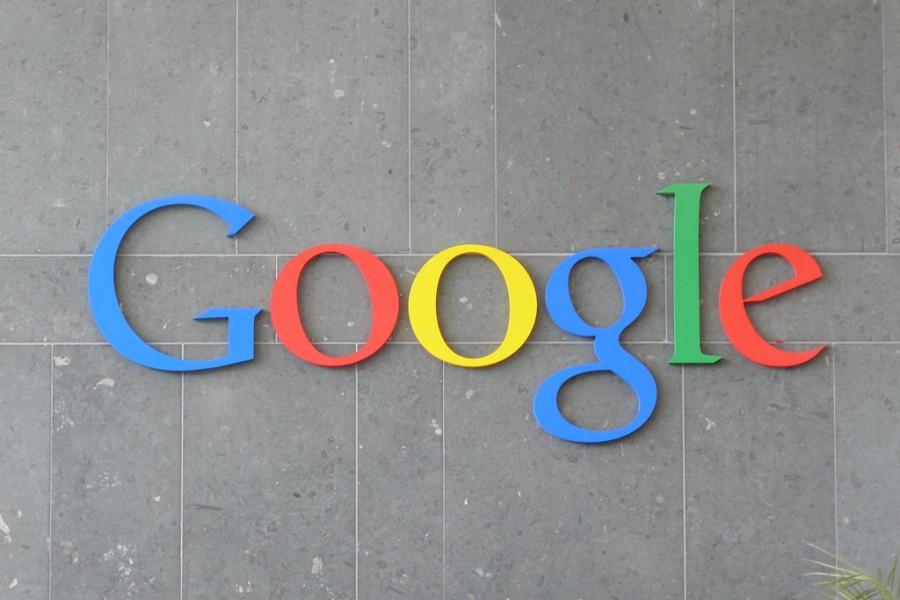Google vs. San Francisco
March 9, 2015
Founded in 1998, Google quickly became the most popular internet search engine with one of the simplest looking websites on the market. It was so simple that, early on, people would leave the site because they didn’t think it had fully loaded yet. There are no ads, distractions, or anything unnecessary on Google’s homepage. This innovation quickly led to its rise as a multibillion dollar technology company, headquartered in the heart of Silicon Valley: Mountain View, California.
Mountain View has brought in billions of dollars in tax revenue and enjoys a low 3% unemployment rate thanks to the tech industry, led primarily by Google, that accounts for 27% of jobs in the city.
Today, Google is more known for its divisiveness in the Bay Area than for its innovative nature. Tension between its employees and local residents has never been higher, but I think their anger is misinformed and misplaced.
This is one of the most polarizing and confusing issues I’ve ever investigated. Apparently things don’t need to make sense in California for people to get angry.
The biggest, and most recent, point of contention has been the use of private buses to transport employees to and from work. Residents feel that the buses are a symbol of the divide between the rich and poor and that the companies behind them facilitate the high cost of living in the Bay Area. Most of the frustration is being directed at Google; however, other companies like Apple and Facebook also use these same shuttle buses offered by Google.
I am most confused by two simultaneous arguments being used against Google. The first is that these technology companies are bringing more people to the Bay Area and thus increasing traffic volume.
Okay.
The second argument is that these buses should be stopped because they represent all that is wrong with the added industry in San Francisco.
Wait, what?
You cannot protest tech companies coming into your city and adding to traffic volumes and then get angry when they try to fix the problem with company buses. That doesn’t make any sense. Aren’t buses good for the environment because they take so many cars off the road, thereby easing pollution? Aren’t they also a popular solution to traffic problems and are widely employed by local governments to reduce congestion? Yep, but they’re protesting them anyway.
The protesters don’t seem to have good arguments against the buses themselves, except to say that they are elitist, so they direct their grievances at the fact that Google uses public bus stops which is illegal for private vehicles. This is the one argument they have that actually makes sense and seems reasonable. But I don’t think the protestors would be appeased even if Google did pay the city to use the stops (they already did through $1.5 million in fines last year) because the “problem” would still exist. Nothing would have truly changed; only a symptom of the problem would be addressed, not anything related to the actual problem.
The issue of private buses pales in comparison to the sky-high real estate prices and rent costs in the Bay Area. These high prices are the result of massive demand from growing companies bringing in thousands of new employees and the low amount of construction in the area.
Thanks to policies like Open Space and Smart Growth, housing and construction is tightly regulated in San Francisco and the supply of housing has been relatively steady since the 1990’s. San Francisco has the lowest rate of new housing permits of the 100 largest metro areas in the U.S. Austin and Raleigh have eight times as much construction and significantly lower real estate costs. Houston doesn’t even have zoning laws but boasts one of the lowest costs of living in the nation.
This is the simple law of supply and demand. When the demand skyrockets but supply stays relatively steady, prices can only go up and that’s what we have seen happen in San Francisco. Support these liberal central-planning policies all you want but don’t be surprised when housing prices go through the roof.
Plus, don’t cities want high paying jobs and a low unemployment rate? Mountain View has both but they don’t have the correct policies and mindset needed to handle this rapid growth. Until residents realize that public policy deserves just as much blame as Google, they will continue to point fingers at the tech industry and fail to solve any of their problems. The policies they support are based on the assumption that consumers are incapable of deciding where to live and how to expand properly and so must be told and have their hand held by the government instead. That idea makes me cringe inside.
I think the protesters are just mad at the tech industry and the shuttle buses are a convenient symbol of their existence, so they attack the buses instead of finding a solution to their grievances. The buses are not the problem but simply a symptom of the larger problem between the haves and the have nots and the rising cost of living caused by increased demand and limits on new supply.
I hope, for California’s sake, that this debate becomes more intelligent and moves beyond contradicting arguments fostered out of jealousy. These Google employees are citizens and residents too. They experience the same problems everyone else does and I’m sure many of them are just as frustrated as the protesters at the high cost of living. But their anger is misguided. They have yet to hold the true guilty party responsible.
Creative Commons photo source: https://www.flickr.com/photos/carlosluna/2856173673





